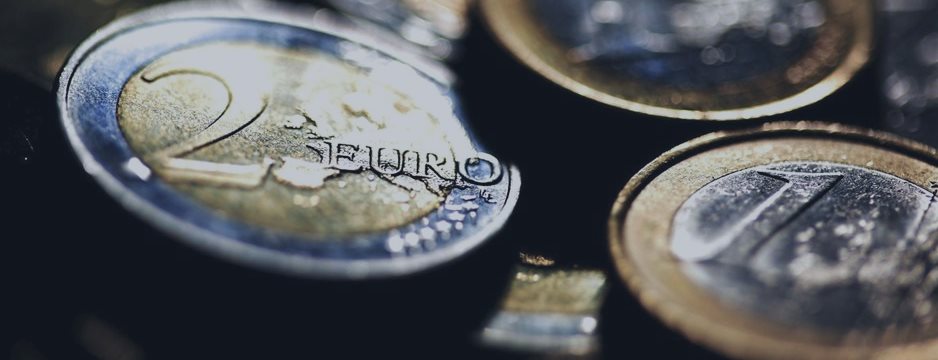
Euro strength to be in focus at tomorrow's ECB meeting; Policy shift may follow - Analysts
The shared currency will be in the center of the European Central Bank's meeting this week, as a new flow of its strength put the bank's inflation target at risk.
On Thursday investors' attention will be linked to the ECB's regular meeting and news
conference. Although no major policy changes are expected to
be announced by the central bank's President Mario Draghi, he is likely
to stress further support in the future, analysts say.
In the environment of heavy selling in risk assets related to China
concerns and hopes for an interest rate rise in the U.S.,
investors have viewed the euro as a "shelter asset" – buying heavily the
single currency in recent weeks. The higher euro puts the region's inflation under pressure and threatens to undermine exporters,
creating a headache for ECB officials.
"We think that inflation will be much weaker, averaging
perhaps -0.1 percent this year and rising to only 1.0 percent by 2017," said Jennifer McKeown, senior European economist at Capital Economics, adding that the euro's sharp appreciation has added pressure on inflation and economic activity.
On Wednesday the euro was trading at $1.128 - below last week's high of $1.1715, but still up some 2.4 percent for the month of August. That's up more than 12 percent from a 12-year low against the dollar hit below $1.05 in March just before the ECB's bond buying program was launched.
Inflation in the euro area
Last week, the ECB's chief economist Peter Praet, who is also a member of the ECB's executive board, said that declining commodity prices and a slowdown in China were damping the central bank's goal of getting inflation back up to around 2 percent and pledged the bank would do more if necessary.
Inflation is currently at 0.2 percent in the euro region year-on-year. Worries about deflation have prompted the ECB to start
buying 60 billion euros worth of assets a month.
Since the central bank's last meeting in July,
financial conditions have shrunk, meaning liquidity in financial
markets has been lower and the currency bloc's inflation outlook got worse, following renewed strength in the euro and the continued
weakness seen in oil prices.
As a result, the central bank is likely to slash its inflation forecast for the year after its governing council meeting
this week.
Capital Economics expects the forecast to be trimmed by about 0.3 percent to about 0.0 percent this year, while the forecasts for 2016 and 2017 should be little changed at about 1.5 percent and 1.8 percent respectively.
Barclays' chief European economist, Phillipe Gudin, said the bank expected Draghi "to maintain an accommodative stance during his introductory statement, likely insisting that the Governing Council still has tools available should monetary and financial conditions tighten further."
Any ways out?
The ECB could:
1) cut interest rates again
2) increase the size of the bond buying program
3) extend it beyond September 2016
However, further cuts to the deposit rate, which is already at -0.2 percent,
would risk having negative implications, including the prospective pain for lenders' profitability, which could make them cut their own
deposit rates or increase lending rates, moves that would likely damage
the growth of businesses in the euro zone.
McKeown from Capital Economics expects the ECB to extend its QE program beyond next year and probably increase the pace of purchases in the meantime.
Barclay's Gudin agreed, explaining that the bank expects further easing to be launched before year-end as they think inflation is unlikely to return to levels consistent with the ECB's objective of price stability over the next two years.


